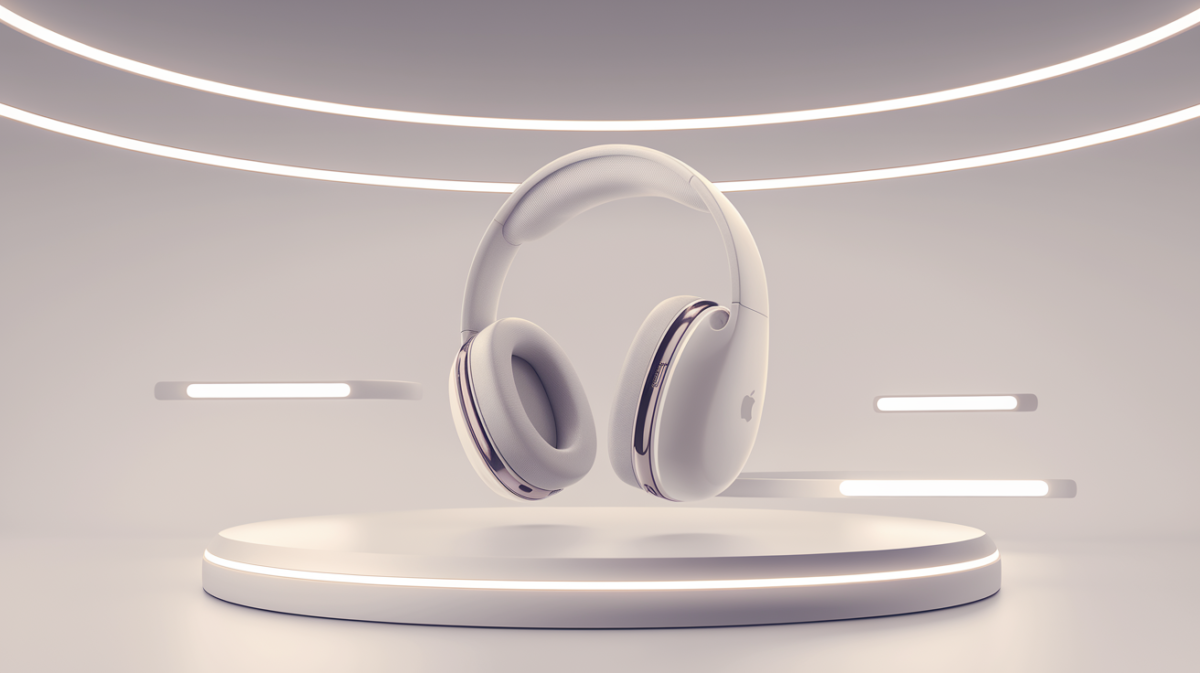A Bold Move into Consumer Hardware
OpenAI, the artificial intelligence powerhouse behind ChatGPT, has made a groundbreaking leap into the consumer hardware market. The company has acquired io, an AI hardware startup co-founded by Jony Ive, the legendary designer behind Apple’s most iconic products. The deal, valued at approximately $6.5 billion, is OpenAI’s largest acquisition to date and signals its ambitious plans to integrate AI into everyday devices.
The Vision Behind the Acquisition
Sam Altman, CEO of OpenAI, has long envisioned a future where AI is not just a tool but a seamless part of our daily lives. With Jony Ive’s expertise in design and hardware innovation, OpenAI aims to create “physical AI embodiments”—devices that could range from advanced headphones to smart glasses. These products are expected to offer more intuitive and natural interactions with AI, moving beyond the limitations of traditional screens and keyboards.
- AI-Native Devices: OpenAI plans to develop hardware specifically designed for AI, rather than adapting existing devices.
- User-Centric Design: Jony Ive’s involvement ensures a focus on aesthetics and usability.
- Market Expansion: This move positions OpenAI as a direct competitor to tech giants like Apple and Google.
Jony Ive’s Role and Background
Jony Ive, who left Apple in 2019 after nearly three decades, is best known for shaping the design of the iPhone, iPad, and iMac. His new venture, io, was founded in 2024 with a mission to redefine AI hardware. OpenAI had previously acquired a 23% stake in the startup, and this latest deal grants it full ownership.
Ive’s involvement brings a unique blend of design philosophy and technical prowess to OpenAI, raising expectations for groundbreaking products that could rival Apple’s offerings.
Industry Reactions and Implications
The acquisition has sent ripples through the tech industry, with analysts debating its potential impact. Here’s a quick comparison of how OpenAI’s move stacks up against Apple’s current position in AI and hardware:
| Factor | OpenAI | Apple |
|---|---|---|
| AI Expertise | Leader in generative AI (e.g., ChatGPT) | Strong in on-device AI (e.g., Siri, Neural Engine) |
| Hardware Experience | New entrant, relying on Jony Ive’s legacy | Decades of hardware innovation |
| Market Reach | Growing rapidly in software, untested in hardware | Global dominance in consumer electronics |
While some experts believe OpenAI could disrupt the market, others question whether it can match Apple’s manufacturing scale and supply chain efficiency.
What to Expect Next
Details about the first products from this collaboration remain scarce, but industry watchers are eagerly anticipating announcements. Potential developments include:
- Wearable AI: Smart glasses or earbuds with built-in AI assistants.
- Home Devices: AI-powered home gadgets that blend seamlessly into living spaces.
- Collaborative Projects: Partnerships with other tech firms to accelerate development.
As OpenAI and Jony Ive work behind the scenes, the tech world is bracing for a new era of AI-driven hardware.
Conclusion
OpenAI’s acquisition of io marks a pivotal moment in the convergence of AI and consumer hardware. With Jony Ive at the helm of design, the company is poised to challenge industry leaders and redefine how we interact with technology. While the road ahead is uncertain, one thing is clear: the future of AI is not just digital—it’s physical.







